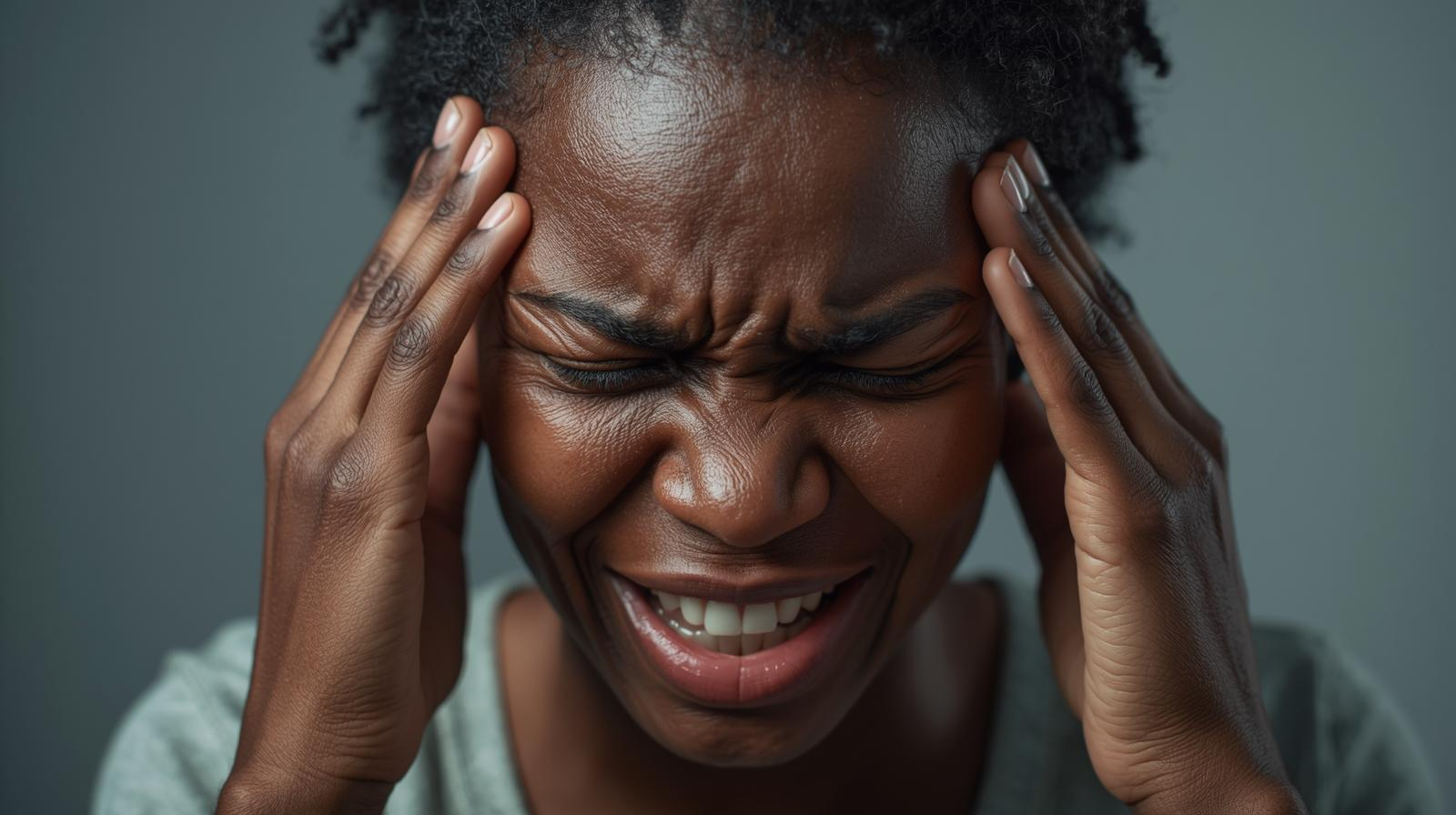Migraines can disrupt entire days and leave lasting impacts on quality of life. Affecting about 15% of the global population—nearly 1 billion people—this neurological condition is especially prevalent in the U.S., where lifetime incidence reaches roughly 43% among women and 18% among men. As research advances, medical marijuana is drawing attention as a potential treatment option.
Understanding Migraine Symptoms
Recognizing migraines early is essential for effective management. Classic symptoms include:
- A pulsating, moderate-to-severe headache, often on one side of the head
- Nausea
- Sensitivity to light (photophobia) and sound (phonophobia)
Attacks can last anywhere from 4 to 72 hours. Many patients also experience warning signs—such as fatigue, mood changes, or neck pain—before the headache begins.
Breakthrough Clinical Evidence
At the 2025 American Headache Society Annual Meeting, researchers from UC San Diego presented results from a landmark placebo-controlled trial. They tested vaporized cannabis containing 6% THC and 11% CBD, and the outcomes were promising:
- 67.2% of participants reported pain relief within two hours, compared with 46.6% on placebo.
- 34.5% achieved complete pain freedom, versus 15.5% with placebo.
- Relief from pain lasted up to 24 hours, while sensitivity to light and sound remained reduced for up to 48 hours.
Researchers emphasized that controlled and infrequent dosing—fewer than 10 uses per month—helps prevent medication overuse headaches (MOH) and minimizes psychoactive side effects.
Broader Research Findings
A systematic review of nearly 2,000 migraine patients found that medical cannabis reduced the average number of monthly headache days from 10.4 to 4.6—a reduction of about 56%. It also eased nausea and vomiting, showing effectiveness on par with amitriptyline, a commonly prescribed migraine medication.
Additional surveys and registry studies reinforce these benefits:
- Patients using inhaled cannabis reported migraine severity was cut in half, though some experienced reduced effectiveness with long-term use.
- Reviews confirm medical marijuana significantly decreases both the duration and frequency of migraines, with no reports of severe adverse effects.
Looking Ahead
While more long-term studies are needed, growing evidence suggests medical marijuana could play a meaningful role in migraine management. For many patients, it offers a promising alternative or complement to traditional treatments, particularly when used carefully and under medical guidance.
Georgia Residents
Cannabis is not just a passing trend—it’s a time-honored botanical with a rich history of healing. For too long, its medicinal potential has been clouded by stigma and legal barriers, leaving many without access to natural relief. Now that medical cannabis is legal in Georgia, residents have a safe, plant-based alternative worth considering. If you believe it could support your health, apply today for your 5-year medical cannabis card.
Click Below to Apply for a Georgia Medical Cannabis Card

STILL HAVE QUESTIONS? CLICK BELOW FOR FAQ


